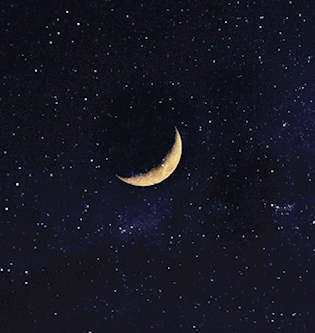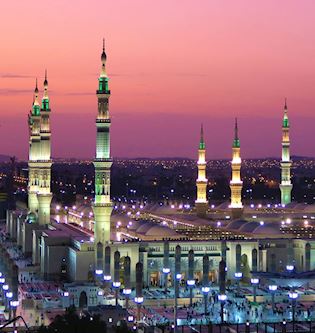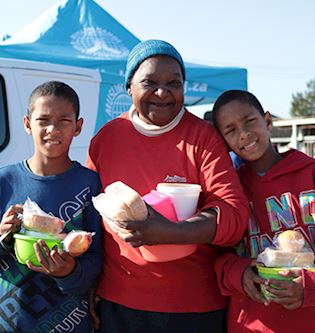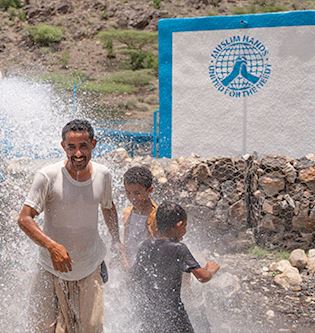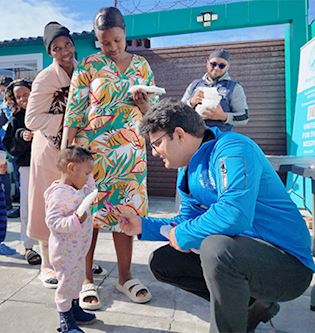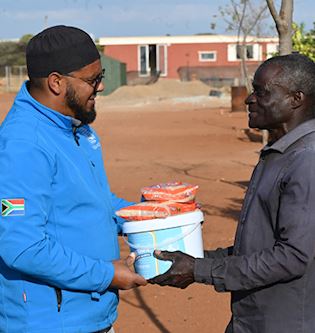What is Fidyah and Kaffarah and Who Needs to Give Them?

With Ramadan 2024 fast-approaching, many people are wondering if they need to pay Fidyah and Kaffarah. This straightforward article explains the difference between Fidyah and Kaffarah, who needs to pay them and how you can fulfil your obligation in time for Ramadan.
What is Fidyah?
When a person has either become extremely weak due to old age, or they are suffering from an illness which prevents them from fasting, they are not obliged to fast during Ramadan. Instead, if they have the means, they must feed a person in need two meals for every day of Ramadan. This payment is called Fidyah.
You can only give Fidyah if you will miss fasts due to illness and be unable to make them up. So if you are suffering from a temporary sickness during Ramadan, you need to make these fasts up later.
According to the local judiciary body here in South Africa, the recommended amount is R28 a day as Fidyah, as this will cover the cost of two high quality meals, to the standard we would feed ourselves. This adds up to R840 for the month of Ramadan.
When should you pay Fidyah?
You should pay Fidyah before you miss your fast. If you know you will be physically unable to fast in Ramadan 2024, you should give your Fidyah from now.
What is Kaffarah?
If you break or miss a fast in Ramadan intentionally and without a valid reason, you must fast consecutively for 60 days. (This excludes days when it is forbidden to fast, such as Eid and when a woman is menstruating). If you miss a fast during these 60 days, you will need to start from the beginning, to ensure your 60 fasts are consecutive.
If you are physically unable to do this, you are required to pay the Kaffarah (expiation).
The donation will feed 60 needy people two meals.
When should you pay Kaffarah?
If you miss a fast without a valid reason, and are unable to fast for 60 days, you should pay your Kaffarah as soon as possible.
Who receives your Fidyah and Kaffarah?
Both Fidyah and Kaffarah can only be given to the poor and needy. Our global teams will distribute your donations to people who can’t afford sahur and iftar this Ramadan.
Are Fidyah and Kaffarah obligatory?
Fasting during Ramadan is an obligation on all adult Muslims. If you are exempt from this obligation due to sickness/old age, then you must give Fidyah, if you have the means to do so.
Moreover, if you miss a fast without a valid reason, this is a serious matter. If you are unable to fast the 60 consecutive days, then Kaffarah is obligatory upon you.
Muslim Hands, established in 1993 aim to help those needing emergency relief and tackling the root causes of poverty. This Ramadan, we can help you calculate your Zakat, send iftar across the world, sponsor an orphan and even build your own water well. For more ways to serve the Ummah, visit our Appeals page or call 021 633 6413.







